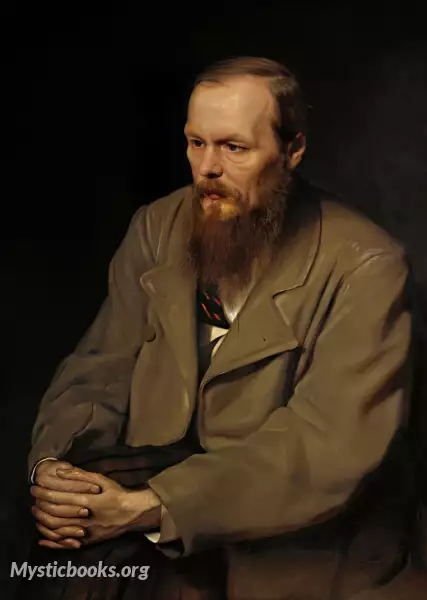
Timeline
Title
Country/Nationality
Fyodor Dostoyevsky
Fyodor Mikhailovich Dostoevsky, sometimes transliterated as Dostoyevsky, was a Russian novelist, philosopher, short story writer, essayist, and journalist. Dostoevsky's literary works explore human psychology in the troubled political, social, and spiritual atmospheres of 19th-century Russia, and engage with a variety of philosophical and religious themes. His most acclaimed works include Crime and Punishment (1866), The Idiot (1869), Demons (1872), and The Brothers Karamazov (1880). Dostoevsky's body of works consists of 12 novels, four novellas, 16 short stories, and numerous other works. Many literary critics rate him as one of the greatest psychological novelists in world literature. His 1864 novel Notes from Underground is considered to be one of the first works of existentialist literature.
His writings were widely read both within and beyond his native Russia and influenced an equally great number of later writers including Russians such as Aleksandr Solzhenitsyn and Anton Chekhov, philosophers Friedrich Nietzsche and Jean-Paul Sartre and the emergence of Existentialism and Freudianism. His books have been translated into more than 170 languages, and served as the basis for many films.
Born in Moscow in 1821, Dostoevsky was introduced to literature at an early age through fairy tales and legends, and through books by Russian and foreign authors. His mother died in 1837 when he was 15, and around the same time, he left school to enter the Nikolayev Military Engineering Institute. After graduating, he worked as an engineer and briefly enjoyed a lavish lifestyle, translating books to earn extra money. In the mid-1840s he wrote his first novel, Poor Folk, which gained him entry into Saint Petersburg's literary circles. Arrested in 1849 for belonging to a literary group that discussed banned books critical of Tsarist Russia, he was sentenced to death but the sentence was commuted at the last moment. He spent four years in a Siberian prison camp, followed by six years of compulsory military service in exile. In the following years, Dostoevsky worked as a journalist, publishing and editing several magazines of his own and later A Writer's Diary, a collection of his writings. He began to travel around western Europe and developed a gambling addiction, which led to financial hardship. For a time, he had to beg for money, but he eventually became one of the most widely read and highly regarded Russian writers.
On 25 January 1881, while searching for members of the terrorist organisation Narodnaya Volya ("The People's Will") who would soon assassinate Tsar Alexander II, the Tsar's secret police executed a search warrant in the apartment of one of Dostoevsky's neighbours. On the following day, Dostoevsky suffered a pulmonary haemorrhage. Anna denied that the search had caused it, saying that the haemorrhage had occurred after her husband had been looking for a dropped pen holder. After another haemorrhage, Anna called the doctors, who gave a poor prognosis. A third haemorrhage followed shortly afterwards. While seeing his children before dying, Dostoevsky requested that the parable of the Prodigal Son be read to his children. The profound meaning of this request is pointed out by Frank:
It was this parable of transgression, repentance, and forgiveness that he wished to leave as a last heritage to his children, and it may well be seen as his own ultimate understanding of the meaning of his life and the message of his work.
Among Dostoevsky's last words was his quotation of Matthew 3:14–15: "But John forbad him, saying, I have a need to be baptised of thee, and comest thou to me? And Jesus answering said unto him, Suffer it to be so now: for thus it becometh us to fulfil all righteousness", and he finished with "Hear now—permit it. Do not restrain me!" When he died, his body was placed on a table, following Russian custom. He was interred in the Tikhvin Cemetery at the Alexander Nevsky Convent, near his favourite poets, Nikolay Karamzin and Vasily Zhukovsky. It is unclear how many attended his funeral. According to one reporter, more than 100,000 mourners were present, while others describe attendance between 40,000 and 50,000. His tombstone is inscribed with lines from the New Testament:
Verily, verily, I say unto you, except a corn of wheat fall into the ground and die, it abideth alone: but if it dies, it bringeth forth much fruit.
— John 12:24
Books by Fyodor Dostoyevsky
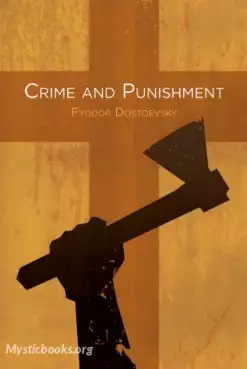
Crime and Punishment
A mysterious crime is being plotted in a tiny garret above a dilapidated apartment building in St Petersburg in Russia. The plotter, Rodion Raskolinikov, is a poor student who has delusions of ridding the world of “worthless vermin” and counter balan...
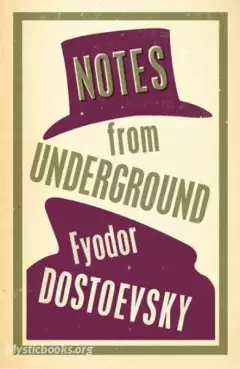
Notes from the Underground
One of the earliest polished examples of existential literature, Notes from the Underground follows the life of a recluse and depicts his antagonistic attitude toward society. Written in two parts with a first person narration, the novella explores v...
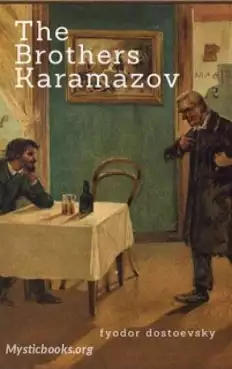
The Brothers Karamazov
The Brothers Karamazov is the last novel by Russian author Fyodor Dostoevsky. Dostoevsky spent nearly two years writing The Brothers Karamazov, which was published as a serial in The Russian Messenger from January 1879 to November 1880. Dostoevsky di...
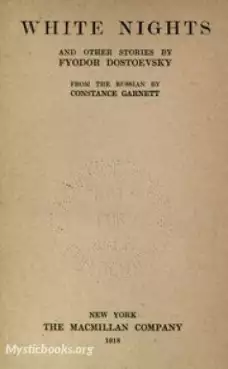
White Nights
"White Nights" is a short story by Fyodor Dostoevsky, originally published in 1848, early in the writer's career. Like many of Dostoevsky's stories, "White Nights" is told in the first person by a nameless narrator. The narrator is a young man livin...
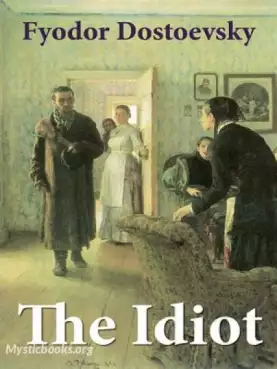
The Idiot, Part 1 and Part 2
The Idiot is a novel by the 19th-century Russian author Fyodor Dostoevsky. It was first published serially in the journal The Russian Messenger in 1868–69. The title is an ironic reference to the central character of the novel, Prince Lev Nikolayevic...
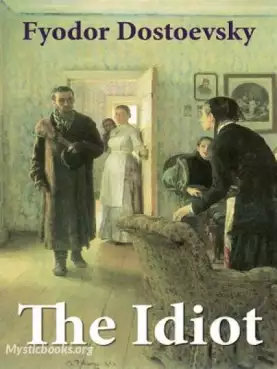
The Idiot, Part 3 and Part 4
The Idiot is a novel by the 19th-century Russian author Fyodor Dostoevsky. It was first published serially in the journal The Russian Messenger in 1868–69. The title is an ironic reference to the central character of the novel, Prince Lev Nikolayev...
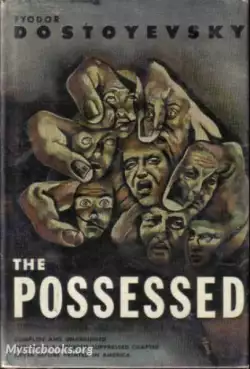
The Possessed
Demons is a novel by Fyodor Dostoevsky, first published in the journal The Russian Messenger in 1871–72. It is considered one of the four masterworks written by Dostoevsky after his return from Siberian exile, along with Crime and Punishment (1866),...
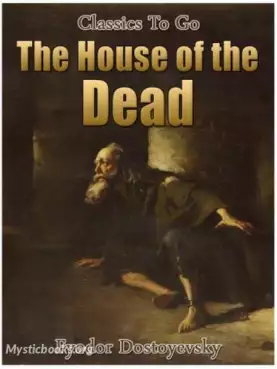
The House of the Dead
The House of the Dead is a semi-autobiographical novel published in 1860–2 in the journal Vremya by Russian author Fyodor Dostoevsky, which portrays the life of convicts in a Siberian prison camp. The novel has also been published under the titles Me...

The Crocodile
"The Crocodile" is a short story by Fyodor Dostoyevsky that was first published in 1865 in his magazine Epoch.
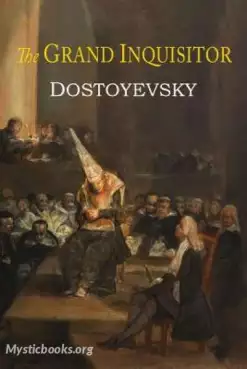
The Grand Inquisitor
"The Grand Inquisitor" is a poem (a story within a story) inside Fyodor Dostoevsky's novel The Brothers Karamazov (1879–1880). It is recited by Ivan Karamazov, who questions the possibility of a personal and benevolent God, to his brother Alexei (Aly...
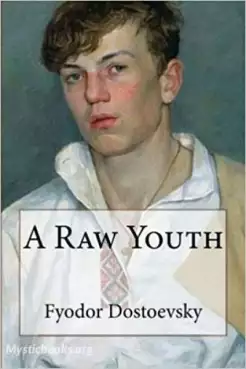
A Raw Youth
The Adolescent, also translated as A Raw Youth or An Accidental Family, is a novel by Russian writer Fyodor Dostoevsky, first published in monthly installments in 1875 in the Russian literary magazine Otechestvennye Zapiski. Originally, Dostoevsky ha...
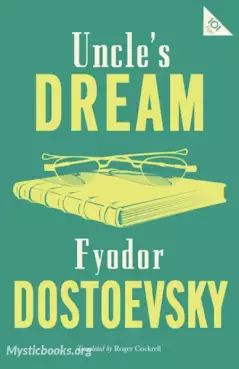
Uncle's Dream
Uncle’s Dream by Fyodor Dostoyevsky was written following his five year exile to Siberia where he was sent to serve in a hard labor camp. Following what could only have been a harrowing and harsh existence in Russia’s infamous prison for political an...
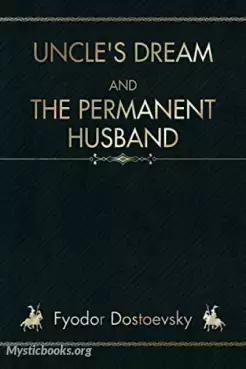
The Permanent Husband
The novella's plot revolves around the complicated relationship between the nobleman Velchaninov and the widower Trusotsky, whose deceased wife was Velchaninov's former lover.

The Double: A Petersburg Poem
This is the story of a mild-mannered civil servant, Mr. Golyadkin, who begins to see his "doppelganger" appearing in his life (at work, in society, etc). This "double" has all the qualities that the protagonist lacks. His "double" bullies and persecu...
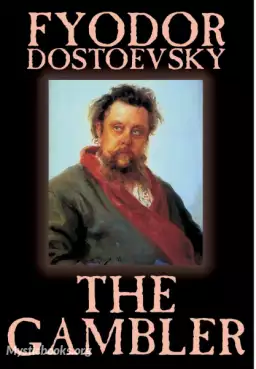
The Gambler
The Gambler is a short novel by Fyodor Dostoevsky about a young tutor in the employment of a formerly wealthy Russian general. The novella reflects Dostoevsky's own addiction to roulette, which was in more ways than one the inspiration for the book:...
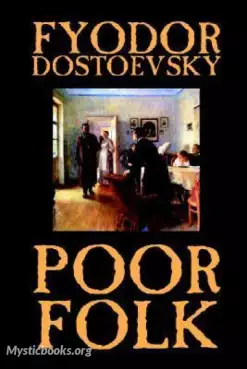
Poor Folk
Poor Folk sometimes translated as Poor People, is the first novel by Fyodor Dostoevsky, written over the span of nine months between 1844 and 1845. Dostoevsky was in financial difficulty because of his extravagant lifestyle and his developing gamblin...
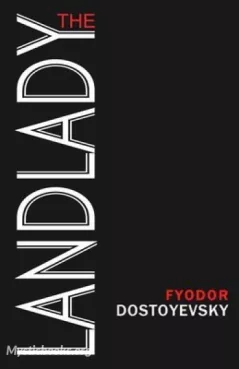
The Landlady
It explores the theme of human psychology and the complexity of human nature. Originally written in 1847, "The Landlady" tells the story of a young law student who becomes obsessed with his landlady, a mysterious and enigmatic woman who seems to hav...
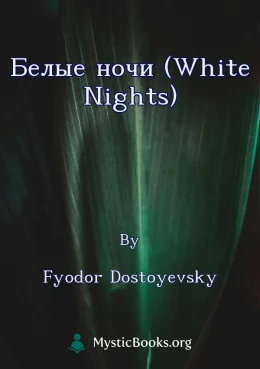
Белые ночи (White Nights)
Belye Nochi ”White Nights” by Fyodor Dostoyevsky. In this small story (though author states this is a sentimental novel) author describes in his traditional and particular way the internal world of one young lonely person. The hero’s 26 years old man...
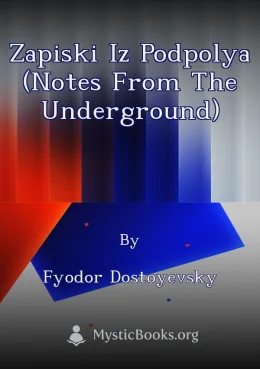
Zapiski iz podpolya (Notes from the Underground)
Notes from Underground by Fyodor Dostoevsky is a sophisticated novell with extremely hard to comprehend philosophical ideas lying on the border of paranoia, orthodoxal believing of God and psychological researches on human nature. Every sentence soun...
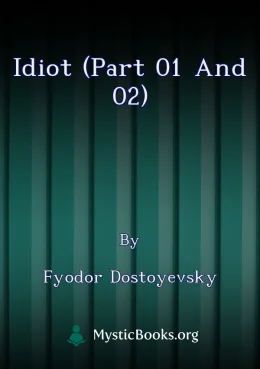
Idiot (Part 01 and 02)
This two-part novel follows the story of Prince Myshkin, a young man who returns to Russia after spending several years in a Swiss sanatorium for epilepsy. Myshkin is a kind and compassionate person, but his naivety and lack of social skills make him...
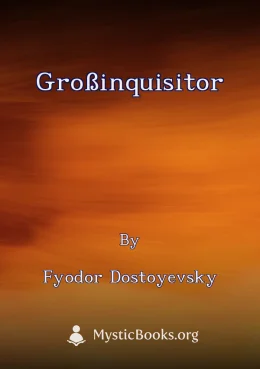
Großinquisitor
The Grand Inquisitor is a story within a story, told by the character Ivan Karamazov in the novel The Brothers Karamazov by Fyodor Dostoevsky. It is a philosophical and theological exploration of the nature of faith, freedom, and the role of the Chur...
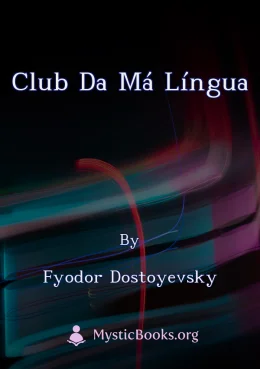
Club da Má Língua
“O Clube da Má Língua” satiriza a hipocrisia e a superficialidade da sociedade russa do século XIX. A obra retrata um grupo de indivíduos, liderados pelo excêntrico Mordassov, que se envolvem em intrigas e manipulação para manterem suas posições soc...
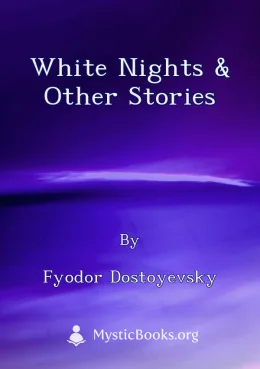
White Nights & Other Stories
This collection of short stories and novellas by Fyodor Dostoevsky explores themes of isolation, alienation, love, and the human condition. The stories delve into the psychological complexities of characters grappling with societal pressures, person...
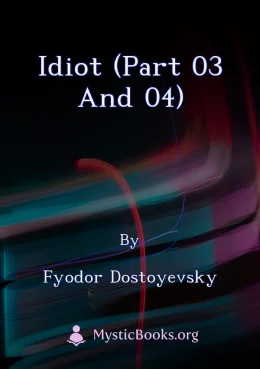
Idiot (Part 03 and 04)
The Idiot is a profound and moving exploration of the human condition. Dostoyevsky delves into the depths of the human psyche, exposing the fragility of innocence and the destructive power of obsession. The novel's rich cast of characters, each with...
Showing 1 to 24 of 30 results